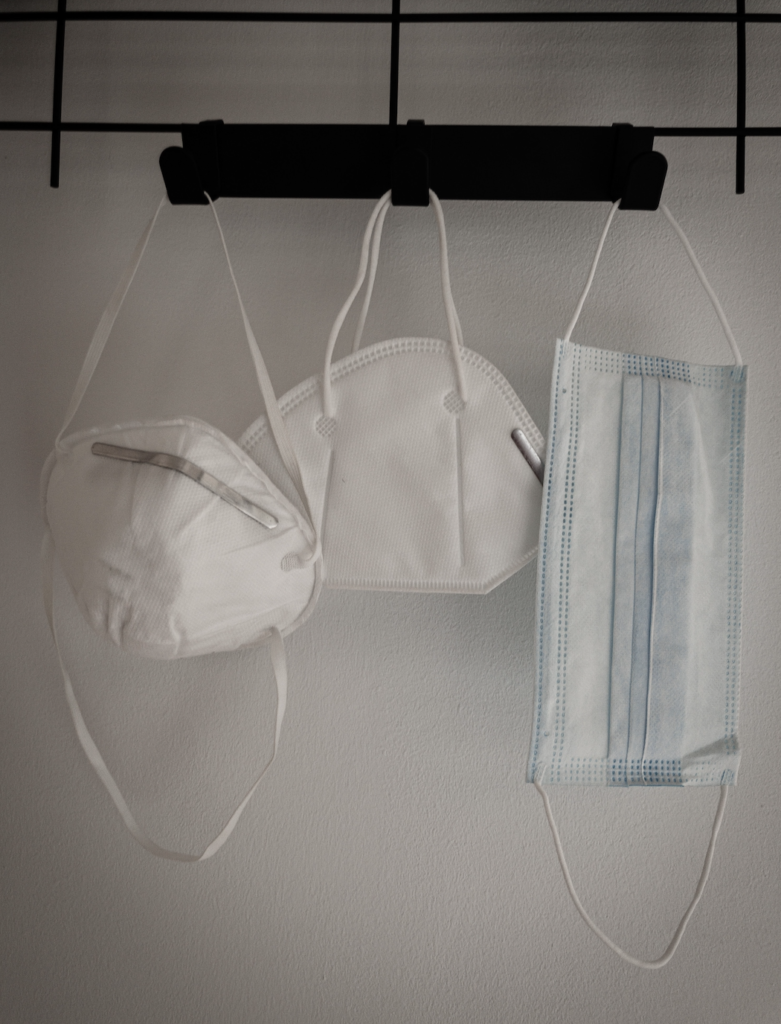By Stephen Panik, Staff Writer

The COVID-19 crisis has had widespread consequences that have been well documented in the news, such as mask mandates and mandatory vaccinations. However, many may not know that recent research is revealing a significant impact on jurors caused by the COVID-19 epidemic.
Some perceived effects of COVID-19 on jurors include changes in the potential jury pool, decision making, attitudes, and perceptions. These changes are especially problematic in a courtroom context where jurors decision making is fundamental to ensuring a fair outcome for the parties involved in litigation. According to researchers, the impact of the virus may last well past the end of mask mandates and vaccinations with data indicating that some psychological symptoms caused by the virus can last for years. For example, quarantining has been found to cause chronic post-traumatic stress disorder and depressive disorder. Another impact of the virus on jurors stems from a condition known in social psychology as mortality salience.
While a condition such as depressive disorder may seem to be relatively common, it can dramatically affect how people process information and make decisions. An impact on thought process and decision making is also caused by post-traumatic stress disorder and its symptoms have been found to last for up to three years following their causation by a quarantining event.[1] The increase in people experiencing these disorders brought on by the virus will require attorneys to change their approach to the voir dire process. The increased possibility of distracted and stressed jurors could easily result in a questionable verdict thus costing both clients and litigators alike greater financial expense and countless hours of their time. The threat to juror decision making is further compounded by the psychological condition of mortality salience.
Mortality salience is death related anxiety that causes people to subconsciously react by reinforcing their own worldview in an attempt to find more meaning in life and feel in control in the face of their anxiety.[2] This leads to ideological polarization and more vigorous defense of pre-existing beliefs. This shift in ideological framework to the extreme can dramatically change how jurors perceive facts, parties to the case, and witnesses. While some attorneys might find this to be advantageous while selecting jurors, everyone involved in the trial process from the judges to the jury members should be aware of the significance of the impact that COVID-19 is having on their own and others thinking and decision making. Widespread awareness of these issues is necessary to maximizing adjudicative fairness at this time and in the future.
In addition to the effects COVID-19 is having on individuals, it is also affecting the general composition of jury pools. People who may not be able to afford child care or the elderly may not be able to serve on juries because of the threat to their own safety and the safety of their families.[3] For example, 55% of potential jurors now face one or more complications that make it dangerous or impossible for them to serve, 47% have a household member that has a vulnerable medical condition, 14% are the primary caregiver for an elderly family member, and 19% are unable to find child care.[4] Attorneys and judges must be aware of the drastic change that this virus is having on juror pool composition if litigation is to remain equitable for the parties involved. While the effect that COVID-19 will have on who can serve on a jury will not last as long as the psychological impact of the virus, it is nonetheless substantial.
[1] Samantha K. Brooks et al., The Psychological Impact of Quarantine and how to Reduce it: Rapid Review of the Evidence (2020).
[2] Tom Pyszczynski et al., Thirty Years of Terror Management Theory (2015).
[3] Tina Ma, Impact of COVID-19 on Juror Perceptions, Tyson & Mendes (January 21, 2021, 9:00 AM), https://www.tysonmendes.com/impact-of-covid-19-on-juror-perceptions/
[4] Andre J. Webb, Jury Pools & Selection Strategy Post COVID-19, German, Gallagher & Murtagh, http://www.ggmfirm.com/wp-content/uploads/2021/04/Jury-Pools-Selection-Strategy-Post-COVID-19-Andre-J.-Webb.pdf (last visited Oct. 24, 2021).